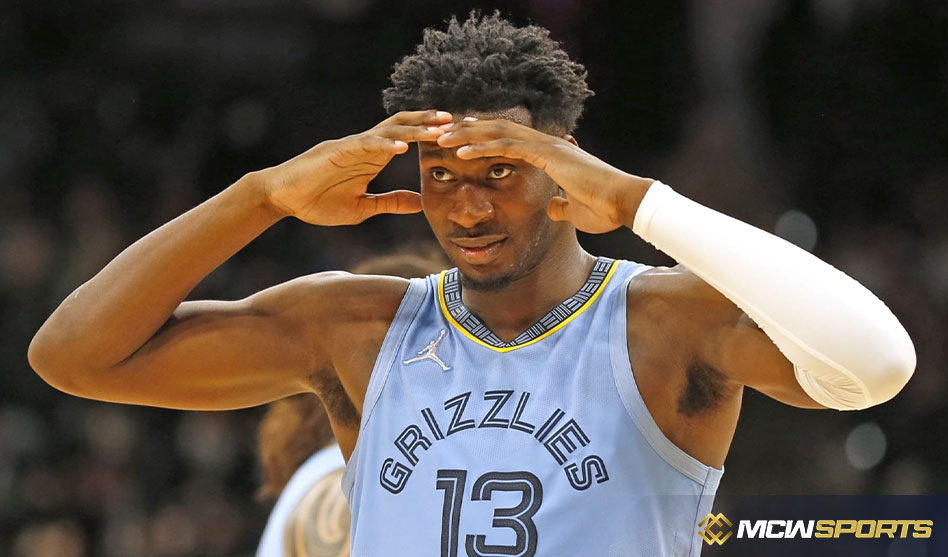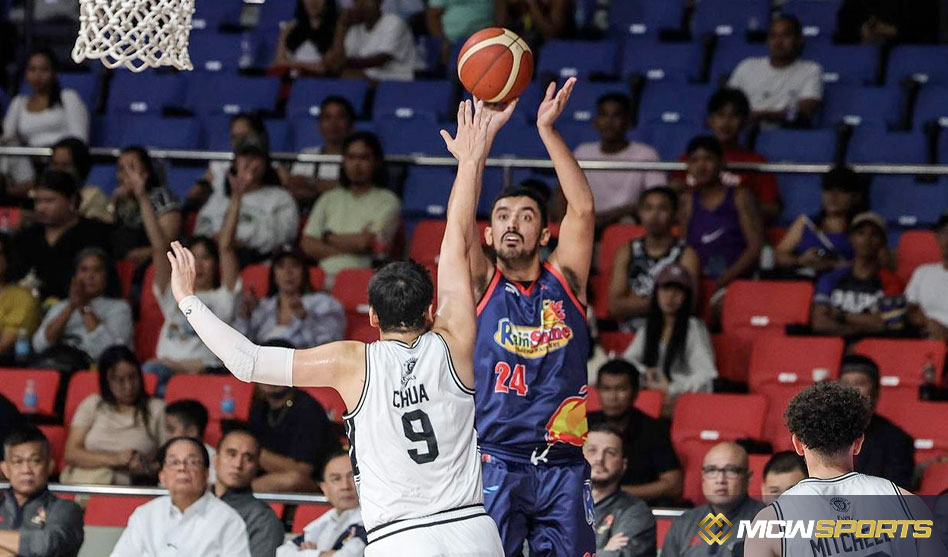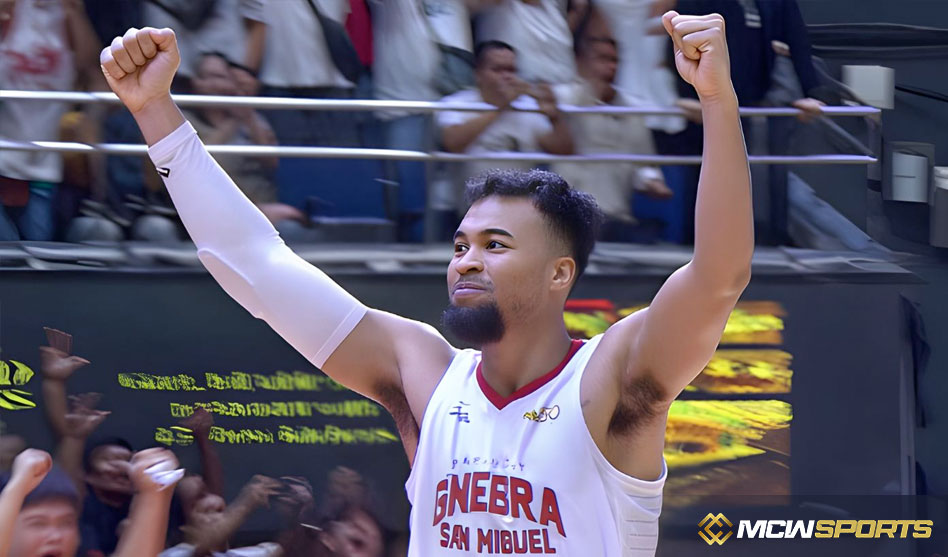This content has been archived. It may no longer be relevant
MEMPHIS, Tennessee – Top of the most recent list is the driving force behind Memphis’ league-best defense.
A player’s on/off figures provide a more intuitive indication of his impact and value than just an analytical instrument. The more playing time and attention that player may receive, assuming he is ultimately an asset rather than a burden, the better.
For this reason, Jaren Jackson Jr. needs to play more, according to the Memphis Grizzlies and their supporters.
If only it could be done with a simple request.
Jackson has been the Grizzlies’ and possibly the league’s finest defender in 2022 to 23, doing enough for the scorching–hot Memphis team to capture the top rung in this month’s Kia Defensive Player Ladder. However, he has accomplished this almost on a part-time basis, producing work of a high caliber that makes his team yearn for more while opponents shrug their shoulders and say, “Enough.”
Jackson has played in 704 of the Grizzlies’ 2,074 total minutes as of Monday, when Memphis defeated the Suns 136 to 106. A little more than one-third of the time, to be exact. He only played an average of 26.1 minutes per game in the other 27, and he missed 16 games all whole, including the first 14 of the season while recovering from foot surgery.
His performance in the MLK Day game on Monday was typical, with 25 minutes of play yielding 18 points, 8 rebounds, 2 steals, 6 blocked shots, and plus-30. Only four times this season has Jackson played for 30 minutes or more, and he has yet to surpass his 28.5 minute per game average from 2019 to 20, his second season.
There are other factors, including the Grizzlies’ 18 wins by 10 points or more, which haven’t required the starters to put in lengthy nights of labor, and the careful monitoring of his court time once he began playing on November 15. Although he has fouled out once and had four or more whistles in nine other games, Jackson is having less problems with one of his old obstacles: foul trouble. He is averaging a career-low 3.0 fouls.
Because he hasn’t yet played the required number of games, Jackson’s average of 3.3 blocks doesn’t appear on the NBA’s official leaderboards, but he is more than a half-block ahead of Nic Claxton of Brooklyn’s (2.7) total and is third with 89 despite having played at least 400 fewer minutes than Brook Lopez of Milwaukee (106) or Claxton (104).
The Grizzlies’ bottom line also benefits from everything. With 108.9 points allowed per 100 possessions, they have the best defense overall. He has a 102.4 rating, but when he plays, he’s like a sponge, sucking up the opportunities of the other teams.
For the players he has guarded, Jackson has used his toughness, mobility, and verticality to produce outcomes that are stingy, earning him the top spot for January. On the shots he defends, they are shooting 43.7%, which is a 4.9% decrease from their typical rate. In defensive win shares, he dominates the NBA (0.152). A league-low 52.7% of shots by opponents are made within five feet of the rim.
Lopez’s play has gotten worse as Milwaukee’s defense has, or vice versa. The Bucks have allowed 114.1 points per 100 possessions since Dec. 13, the date of the most recent D Ladder, ranking them 13th out of 30 teams, which is ordinary. Lopez’s guarded field goal attempts figure, which is the best overall at 21.6, ranks third (20.4) over the past five weeks (behind Nikola Jokic and Domantas Sabonis), while the opposition shooters’ percentage differential during that time is plus-2.1%.
Recently, Claxton’s tenacity has been complimented by Nets coach Jacques Vaughn, which has increased the lanky center’s self-assurance. Come for the eye-popping 73.2% shooting, stay for his defensive impact: a negative 7.8% effect on opponents’ shots, including 2.7 blocks per game. I should be No. 1 [as a candidate for Defensive Player], Claxton declared in a recent interview. In the race to stop the most shots, I’m defending positions one through five.

 English
English










